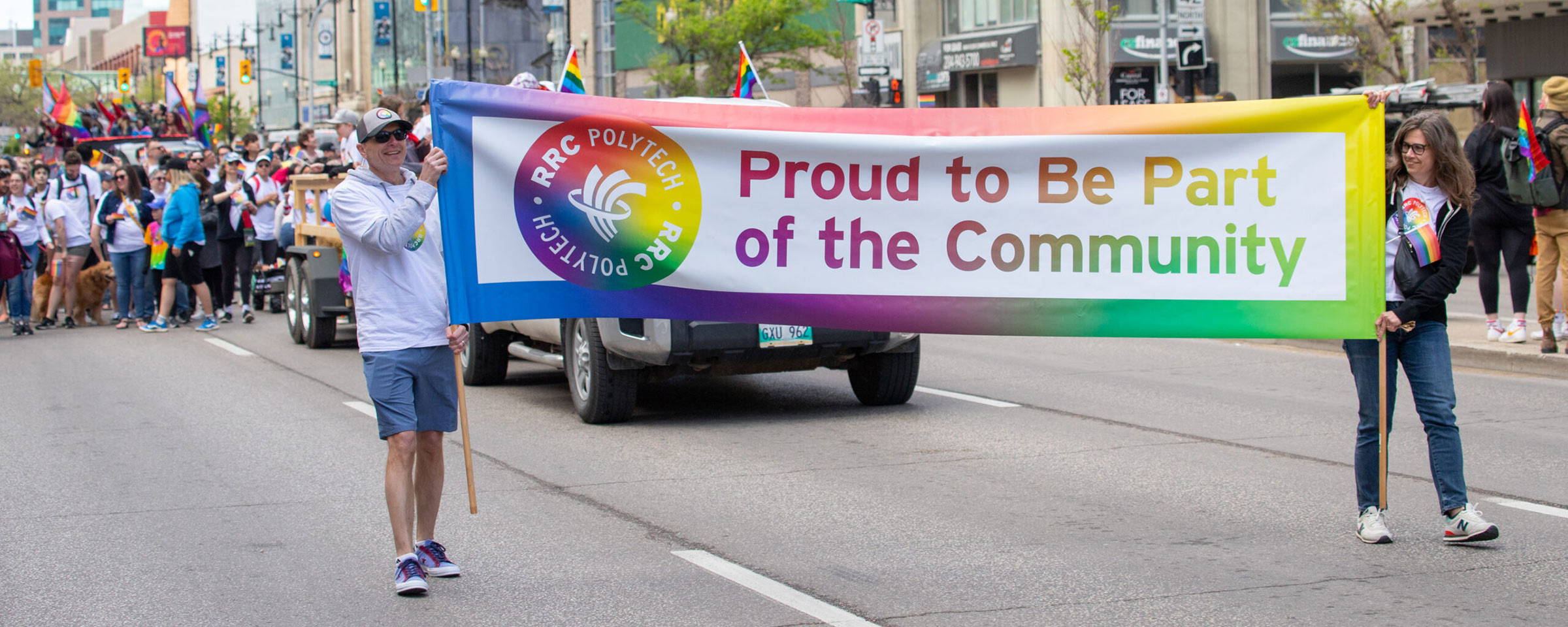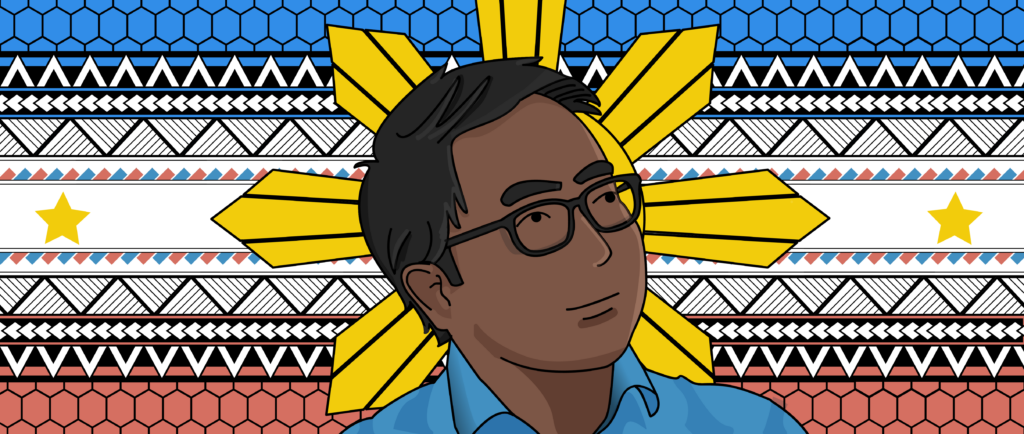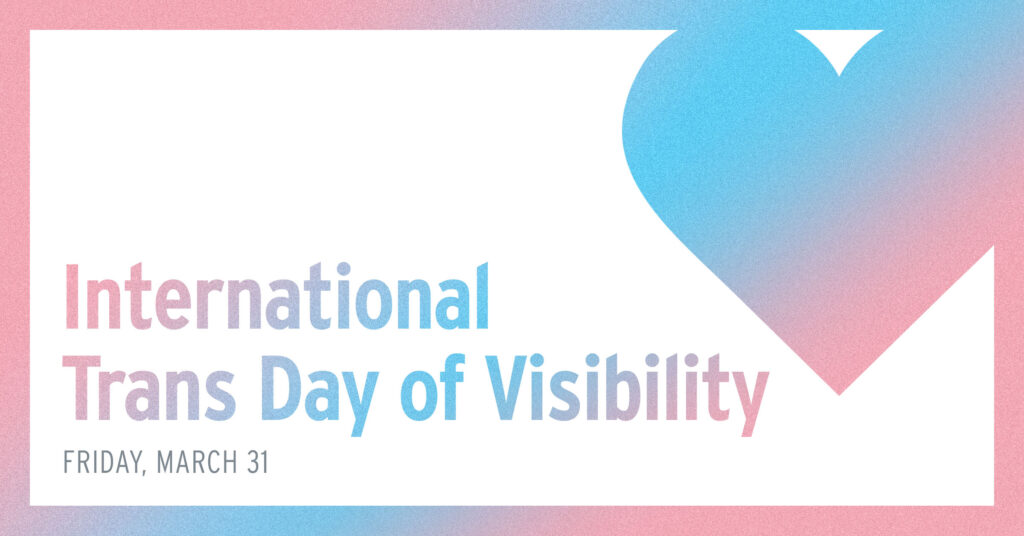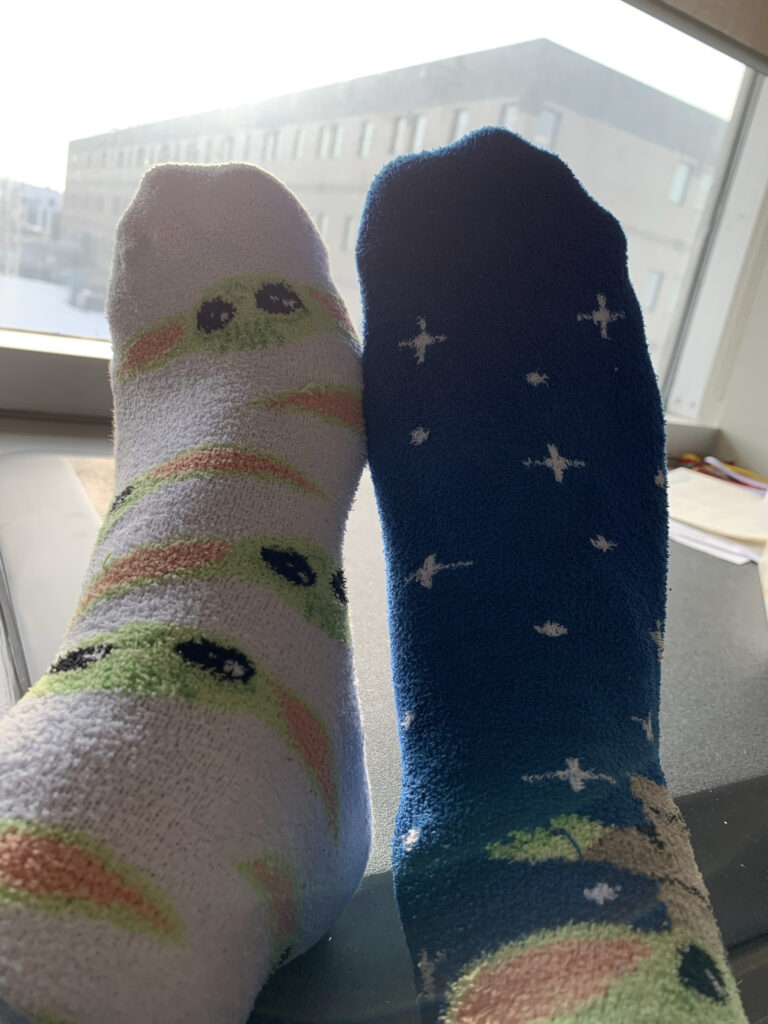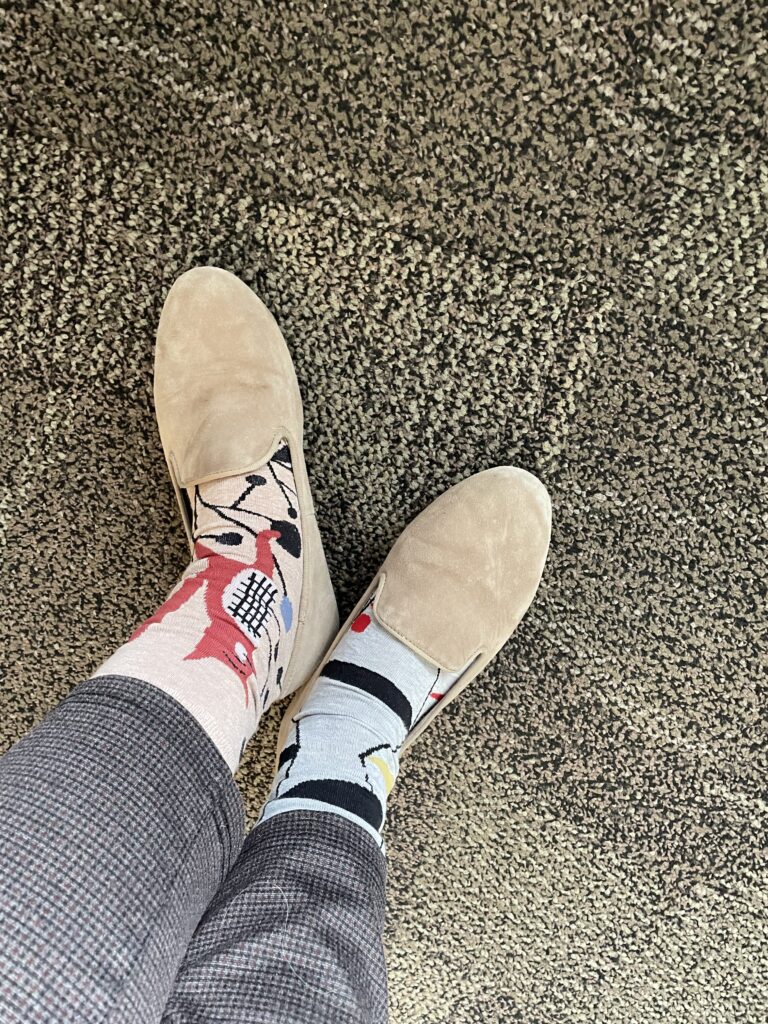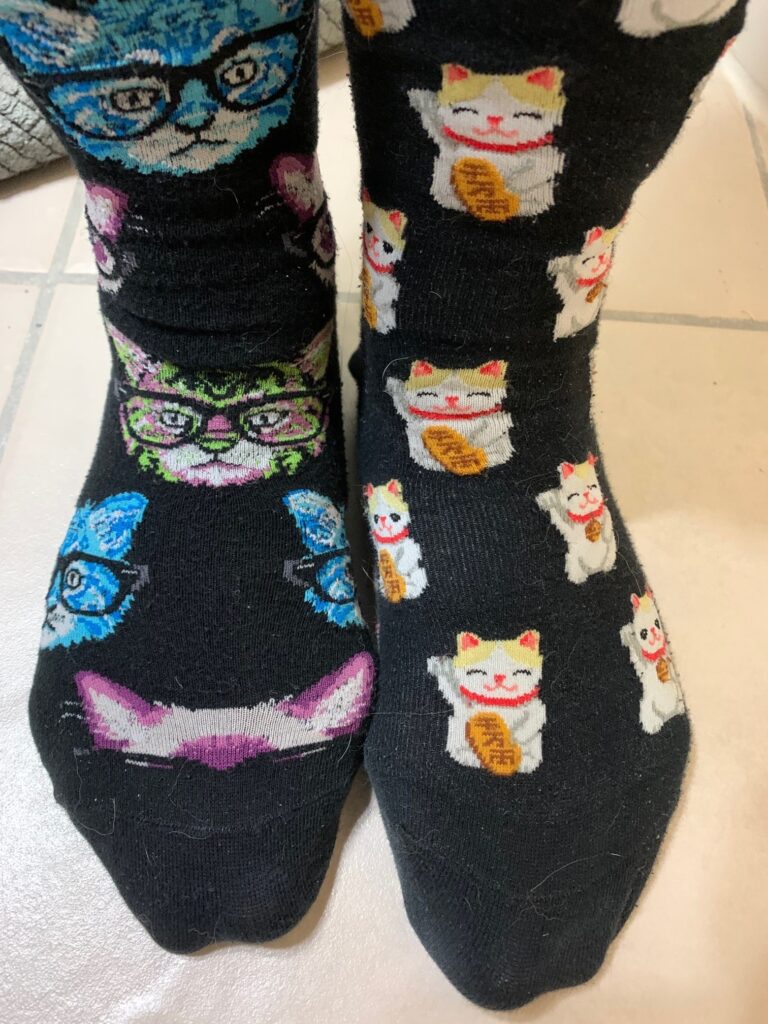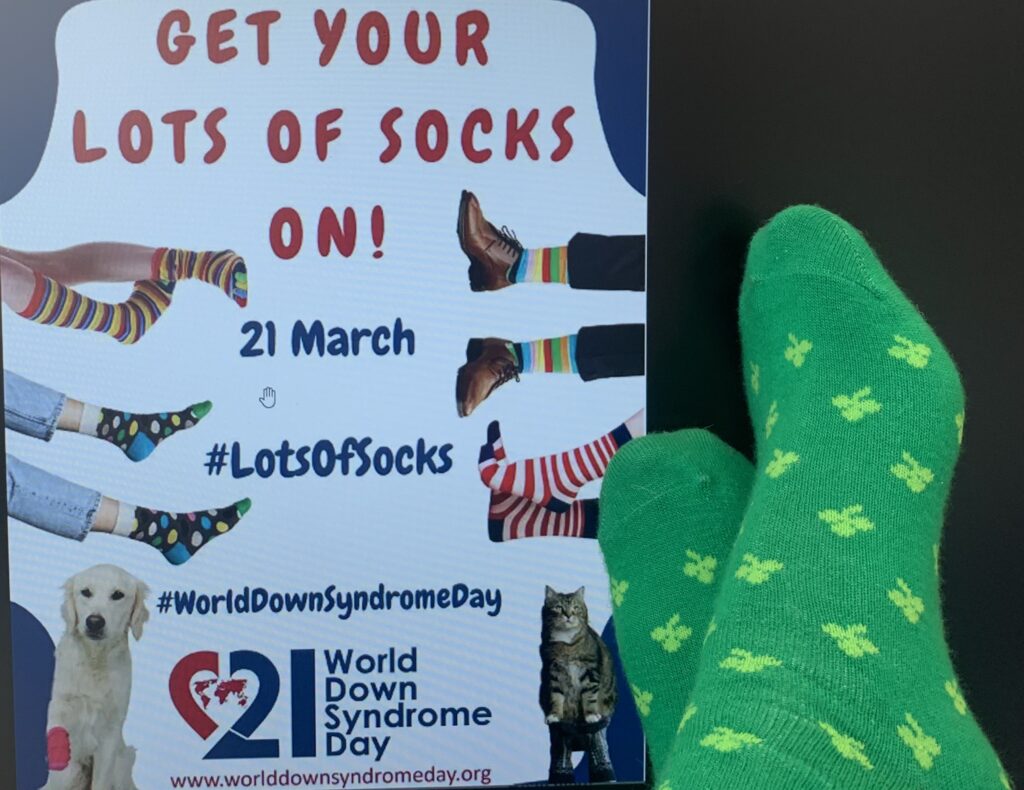International Day Against Homophobia, Transphobia, and Biphobia

May 17 is International Day Against Homophobia, Transphobia and Biphobia – a day that was created to raise awareness of the discrimination and violence faced by individuals of the 2SLGBTQIA+ community.
This year’s theme is “Together Always: United in Diversity”. At RRC Polytech, we believe that diversity is our strength. We are committed to creating inclusive learning and working environments where everyone feels sale, respected, and celebrated. Homophobia, transphobia and biphobia have no place within our college community.
Below are resources and further information on homophobia, transphobia and biphobia to support your learning journeys so that you can counter fear and panic with compassion and reason, and to make a difference in all our communities.
RRC Polytech is committed to being allies for everyone – it doesn’t matter who you are, everyone deserves to be treated with kindness, dignity, and respect.
On May 17 (every day), take a moment to reflect upon how you can stand up and speak out against discrimination; how you can create a safe and inclusive space that respects all individuals; and how you can support 2SLGBTQIA+ friends and colleagues.
If you have any questions or comments, please email us at diversity@rrc.ca.
Resources:
How to be an Ally to a Bi+ Person
What Does Trans Allyship Look Like?
Fondation Émergence: The LBGTQ Phobias Are Just As Irrational campaign
International Day Against Homophobia, Transphobia, and Biphobia
CCDI’s Glossary of Terms – which includes the following definitions:
- Homophobia: a fear, dislike, or hatred of and discrimination against LGBTQ2+ people. Homophobia presents in many forms, and can be structural/systemic, interpersonal, or internalized.
- Transphobia is the fear, dislike, or hatred of and discrimination against trans* people. Transphobia exists through offensive jokes, exclusion, denial of services, employment discrimination, intentional misgendering, harassment, and violence.
- Biphobia: Fear, dislike, or hatred of and discrimination against bisexual people. Biphobia presents through offensive jokes, exclusion, bi-erasure, harassment, and violence. Biphobia exists both within and outside of the LGBTQ2+ community
